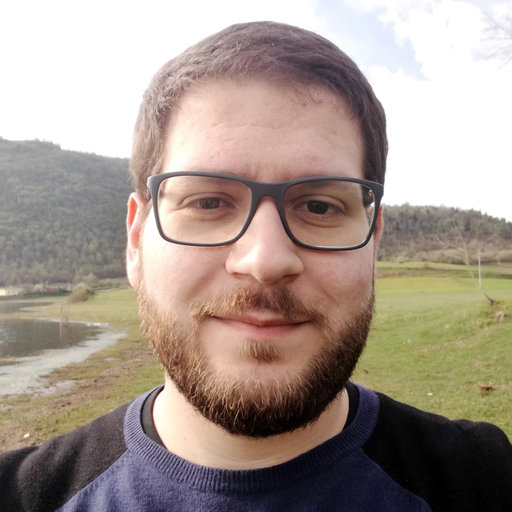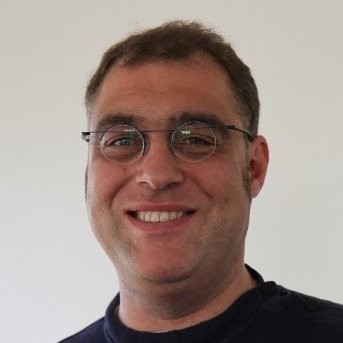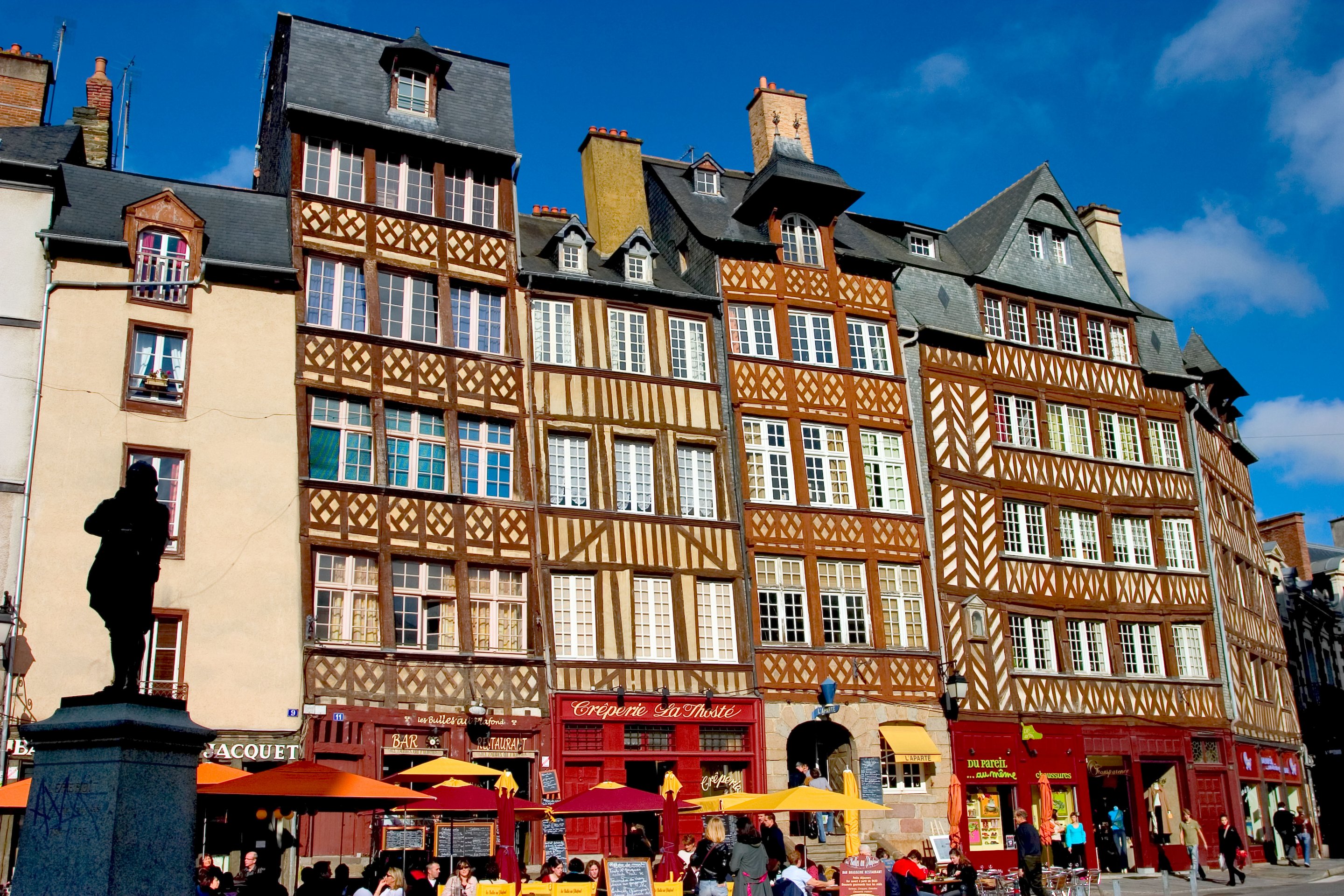Keynotes

Serverless Functions across the Cloud-Edge Continuum: Challenges and Perspectives
by Gabriele Russo Russo
Research Associate | Tor Vergata University of Rome
Date: 23/09/2025 | Time: 2:05 PM - 2:50 PM
Abstract:
The Function-as-a-Service (FaaS) paradigm has gained significant traction as a flexible and scalable approach to serverless application deployment. As FaaS adoption extends into the Cloud-Edge continuum, new challenges arise, demanding novel mechanisms and strategies. This talk explores key research and engineering issues in this context, including function scheduling, workload offloading, lightweight function isolation, quality-of-service aspects, and energy efficiency. As a concrete example, we discuss how these challenges are addressed in Serverledge, an open-source, decentralized FaaS platform designed for the Cloud-Edge continuum.
Bio:
Gabriele Russo Russo is a research fellow at Tor Vergata University of Rome (Italy), where he received his PhD degree in 2021. His research interests are in the area of distributed computing systems, with particular emphasis on run-time performance management of distributed applications. He co-authored more than 30 papers in international conferences and journals. He has served as a TPC member for multiple international conferences and as a reviewer for top-ranked international journals. Since November 2021, he is a member of the Review Board of IEEE Transactions on Parallel and Distributed Systems.

Fog computing, from smart city services to natural environment monitoring
by Guillaume Pierre
Professor of Computer Science | Université de Rennes, France
Date: 23/09/2025 | Time: 4:30 PM - 5:15 PM
Abstract:
Edge and fog computing technologies were created as a way to extend cloud data centers with additional computing, storage and communication resources in close proximity of the sources of data. In this keynote, Guillaume will briefly present how these technologies were developed and utilized to support the creation of innovative services in the context of smart cities. He will then discuss how these technologies can also be relevant in other domains such as the scientific observation of natural environment. Scientists such as biologists, botanists and hydrologists, like to design "observatories" to monitor a zone of particular interest from the points of view of their different scientific disciplines. They follow a data-driven approach based on a variety of sensors or actuators deployed in the natural environment, coupled with different techniques to report the produced data to a public or private cloud for further analysis. The constraints which stem from the specific characteristics of such observatories however deviate from traditional IoT use-cases deployed in urban environments.
Bio:
